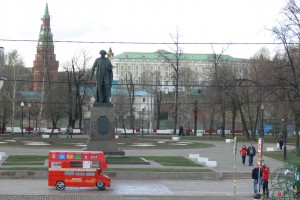Results of an interview study conducted by the Sakharov Center Moscow as part of the international project „Transition Dialogue: Mapping a Generation“.
by Oksana Bocharova and Vlada Gekhtman
«We are, in a sense, some of the most fortunate. We saw the heyday of that time. Now we are witnessing the decline of an epoch. But we lived when in was in its full blossom. We had the strength to fight, to conquer a spot, to make a successful, acceptable living»
About the Research
The 90s in Russia were condemned and praised. It feels that the arguments about this time are always an argument not about the 90s — rather than an argument about different sets of values. Sometimes, the transition memories appear very raw, the transit itself is not discussed much in families and among friends.
For this research we talked with people who represent different backgrounds who experienced radical changes or emerged in the course of transition period: business people, entrepreneurs and self-employed (11 interviewees); further representatives from science and education (8) and those with a media/creative occupation (9). Their common feature is that they have successfully adapted to the new reality, have managed to fit into it. Thus, the participants represent a metropolitan middle class – that is, the values and attitudes that dominated the 90s, and that, in fact, owe their existence to the transition period.
Read the full study here (pdf): Attitudes of the Transition Generation in Russia_Sakharov 2016
Background & Motivation
The 90s is the time we have already lived without Sakharov – he died on Dec, 14th 1989. But Sakharov’s hopes and fears, about a new world that is to come, still stay with us as challenges and questions unanswered. In our work as an institution, we try to acknowledge the 90s as a multidimensional epoch in the history of our country rather than a black and white narrative that diminishes its significance. This research, however, small still allows the reader to have a glimpse into this strange and exciting world of change.

